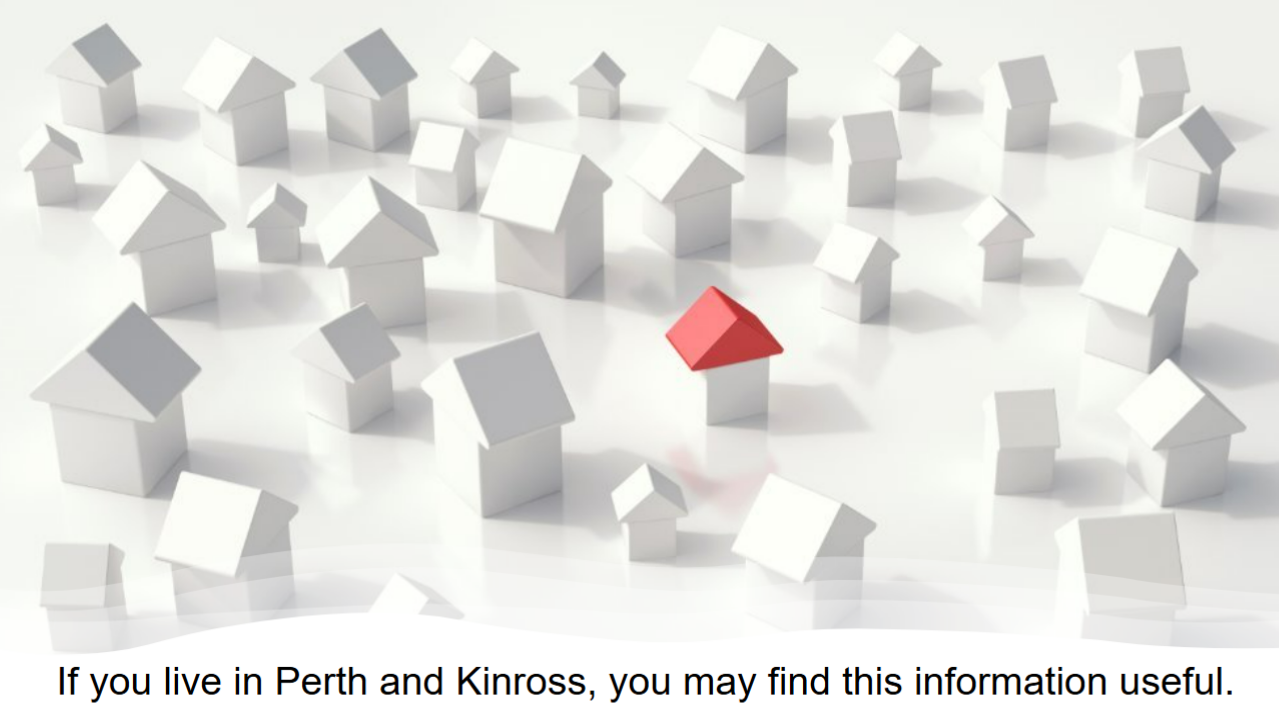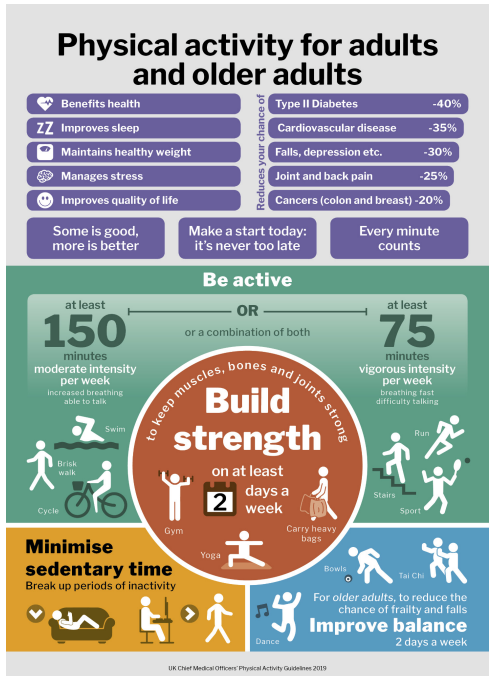How is your health?
- Do you have dizziness, blackouts, fainting?
- Do you get headaches, chest pain or palpitations?
- Do you manage your health conditions well?
Your GP can help with these. It is important to tell your GP if you have had a fall.
Are you taking medications? Some medications can increase your risk of falling, ask your pharmacist or GP for a medication review.
How is your eyesight?
- Getting your eyesight checked regularly is important.
- Visit NHS Inform for information about getting your eyes checked, you may be entitled to a free eye test.
Contact your local optician to arrange an appointment.
Do you hear well?
It is a good idea to get your hearing tested regularly. Your GP can arrange an appointment with audiology. Many opticians also offer hearing tests free of charge.
How are your feet and shoes?
Foot problems and shoes that are well worn or don’t fit well can increase your risk of falls. A podiatrist can help and you can self-refer to Podiatry. It is a good idea to have shoes that have good grip, especially during winter and to consider replacing your shoes if they are well worn or don’t fit well.
Do you have any pain or injuries?
Pain and injuries can make you less steady on your feet. Your GP surgery can refer you to a physiotherapist.
How is your walking?
Balance is important to reduce your risk of falls. If you think a walking aid could help, a physiotherapist can help with this. Your GP surgery can refer you to a physiotherapist.
How is your home environment?
There are ways to make your home safer. Check your home is well lit and you have space to easily walk around to avoid tripping. You may benefit from equipment to make you home safer and easier to live in. Your health professional can assess and refer you for this. For adaptations and equipment visit the council for more information.
Do you have enough energy?
Eating well and drinking plenty of water are good ways of making sure you have enough energy. Eating foods with plenty of calcium and taking the right amount of vitamin D can help maintain healthy bones. Your GP can help if you are not sure.
If you are experiencing a loss or poor appetite, and are concerned about the impact this is having on your health and wellbeing there is a Tayside wide advice line contact Get Nourished: 01738 450556 or email TAY.getnourished@nhs.scot. Visit the Nutrition and Dietetics page for more information on Get Nourished
We are all recommended to take at least 150 mins of exercise a week including strength and balance exercises twice a week. For more information, see the Physical Activity Benefits for Adults and Older Adults poster. There are lots of health benefits that come from doing this including reducing the risk of falls. You can look here for strength and balance exercises suitable for doing at home.
The following exercise and activity options are available in Perth and Kinross and can help you stay active and reduce your risk of falls.
Wellbeing Classes - There are a wide range of Wellbeing Classes to choose from through Live Active Leisure. Designed for those who are elderly, less mobile or who have additional support needs visit
Live Active to explore what's on in your area.
Activity Referral - Delivered by Live Active Leisure, an
Activity Referral can support you in your efforts to become more active through classes led by approachable and qualified instructors. If you think an Activity Referral is for you, then please speak to your GP or Health care practitioner for a referral.
Paths for All- There are lots of ways to be active. Paths for All is a Scottish charity that provides health walks in local areas. You can follow this link to find a health
walk local to you.
Get Out Get Active Tayside (GOGA)- Is dedicated to promoting fun and free physical activity opportunities in Tayside and encouraging people of all abilities to be more active together. you can visit the
GOGA website.

